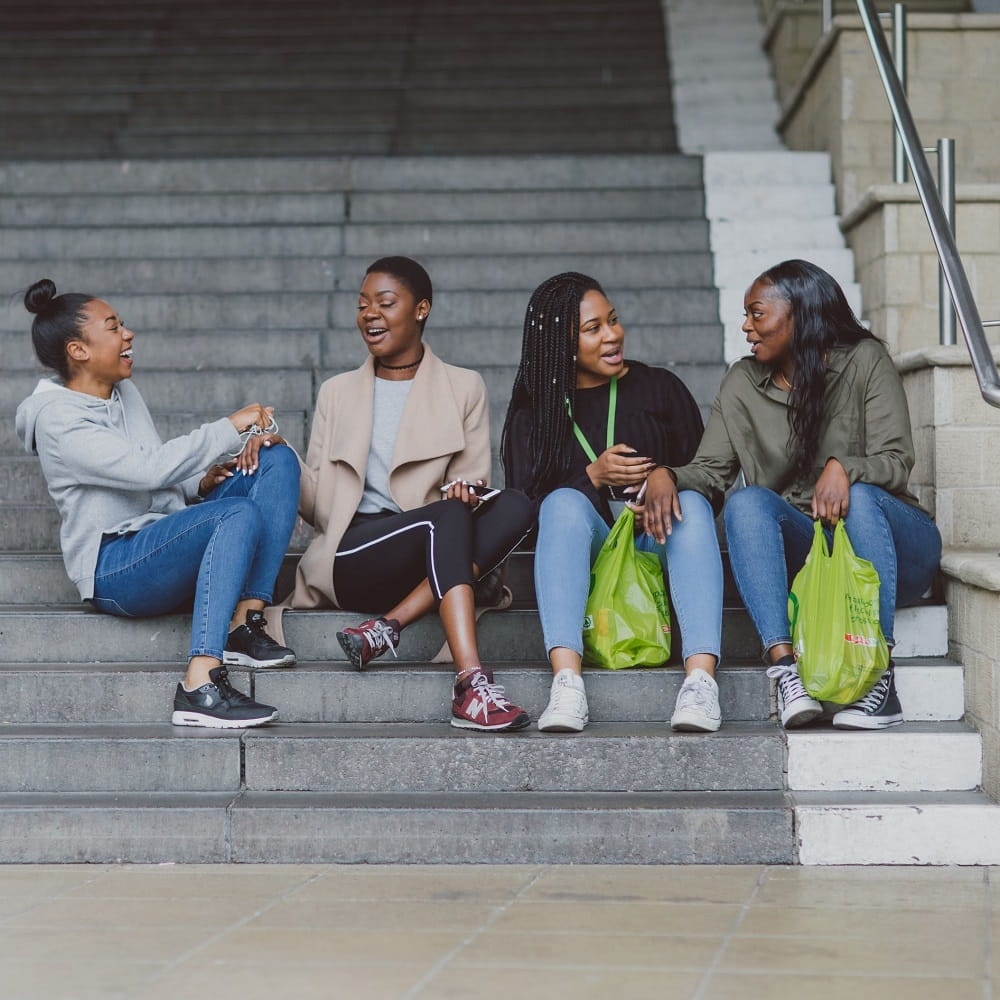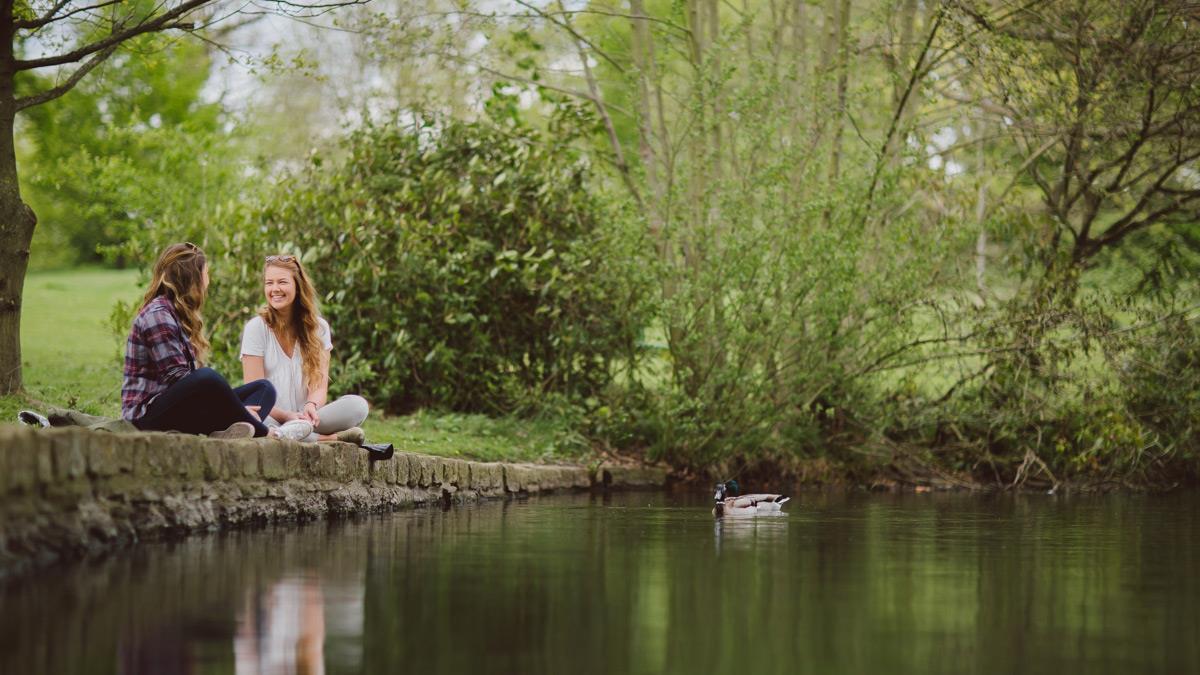Waste produced on our campuses comes from a wide range of sources due to the diverse nature of our activities. Reducing our consumption and recycling what we can is key to reducing our impact. As part of our Sustainability Sub-Strategy consultation, you had lots of suggestion for ways we could reduce waste and increase recycling across our three campuses. We have been taking on board your feedback and wanted to update you with information on what’s available and what we have planned.
Reducing single use plastic
You said: We should reduce the amount of single use items on our campuses such as disposable coffee cups, plastic water bottles and food packaging.
We offer: At our Essex Food outlets, cutlery and disposable coffee cups are made from plant-based, compostable materials, or biopolymers, if you want to get technical! When you take your own reusable takeaway cup to outlets on campus, you’ll get a 10p discount on your drink, as a thank you.
We’re working on: We’re reviewing the amount of single use plastics used across our campuses to identify opportunities where we can minimise their use. We will be developing and implementing a ‘plastics policy’ which will set out our approach to single use plastics for all outlets, catering and events. We will also be stepping up our work to reduce the use of single use plastic water bottles and coffee cups.
Reducing consumption
You said: We should reduce the amount of printing on campus to minimize the paper that we use.
We offer: We have a fair use policy in place for students to minimise levels of printing and reduce our carbon footprint. Multi-function devices can be used to scan and email documents to reduce the need to print, and Box cloud storage with group editing vastly cuts the need to print.
What we’re working on: We will be creating a communication campaign to encourage staff and students to reduce the amount they print. We will also assess options to reduce paperwork involved in teaching, both in terms handouts and admin.
Education
You said: You want us to encourage staff and students to recycle more and to do it correctly.
We offer: There are recycling posters in accommodation at both our Colchester and Southend campuses, and there are labels on all of our bins to explain what can and can’t go in them. We use social media to demonstrate what can be recycled and raise awareness of good waste practices. If you are unsure of how to dispose of an item, please check our A-Z guide of waste and recycling.
What we’re working on: We’re creating a campaign to improve awareness of waste and recycling facilities, good practice and support. We will also be reviewing our waste provision across academic buildings, food outlets and accommodation to make it easier to dispose of what you need to in the right places.
Reuse
You said: You would like a scheme where final year students can donate items and to have a place where you can sell items a bit like freecycle.
We offer: The British Heart Foundation ‘Pack for Good’ campaign is run every year, allowing students to donate items they no longer need. Items can also be advertised on small-ads. You can sign up to small-ads here. In 2021 the SU also trialed a system of sorting any further items left in accommodation to be donated to charity.
What we’re working on: We’re supporting the SU to further develop the scheme to sort leftover items so that they can be donated to charity or made available to new/returning students.
Food waste
You said: You would like to see food waste recycling in accommodation
We offer: Food waste bins are included in the bin banks in all academic buildings.
What we’re working on: We will be assessing the opportunity to introduce food waste collection for accommodation areas and develop a trial to test feasibility, beginning in the South Towers in Autumn 2022. We will also be developing and implementing a plan to increase food recycling across our campuses, including food outlets and communal areas.
Our commitment for ongoing change
We are committed to reduce our waste across our university and increase the proportion of recyclable material collected across our campuses. To learn more about our ambitions and progress, visit the sustainability webpages. We will be providing updates on our response to your feedback to the consultation in a series of blogs – please check back regularly to learn more.





